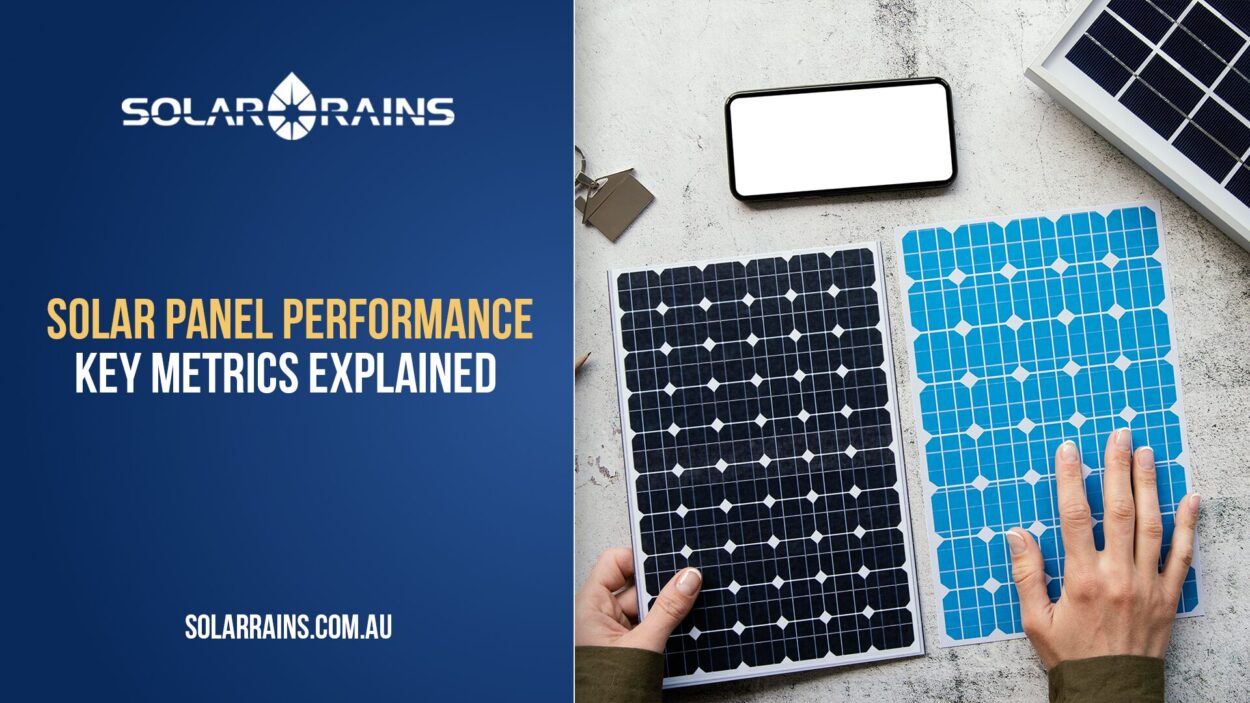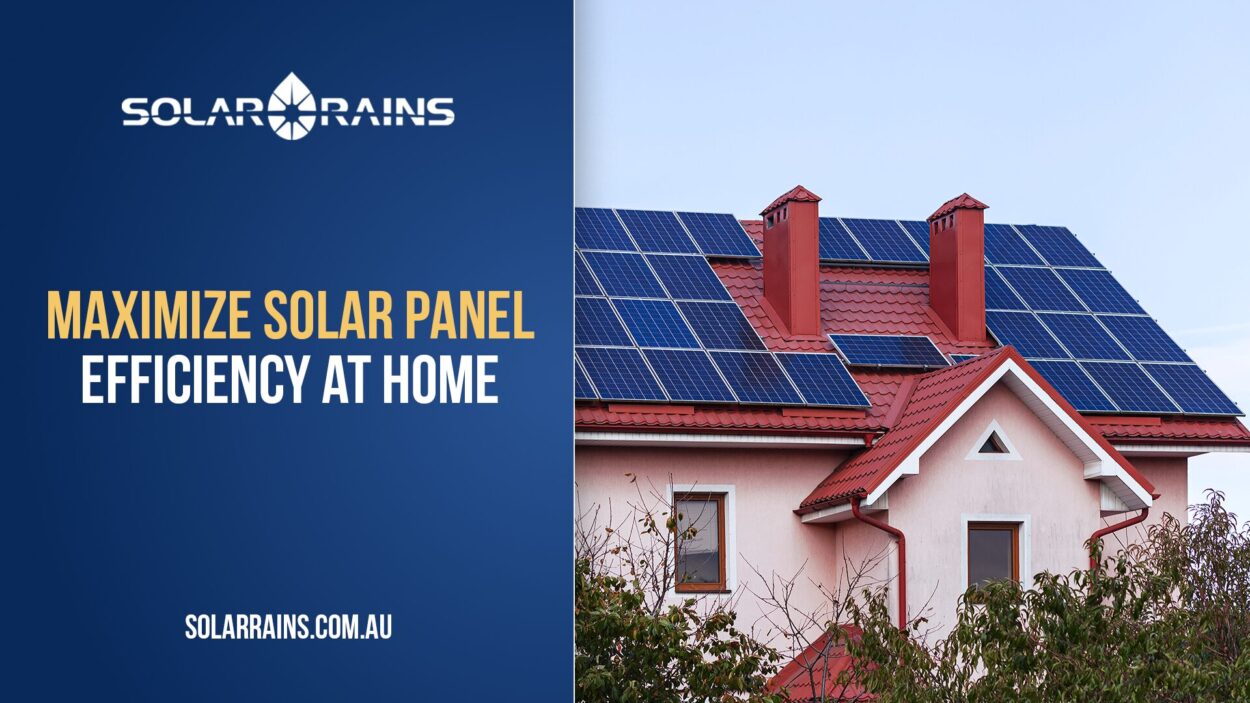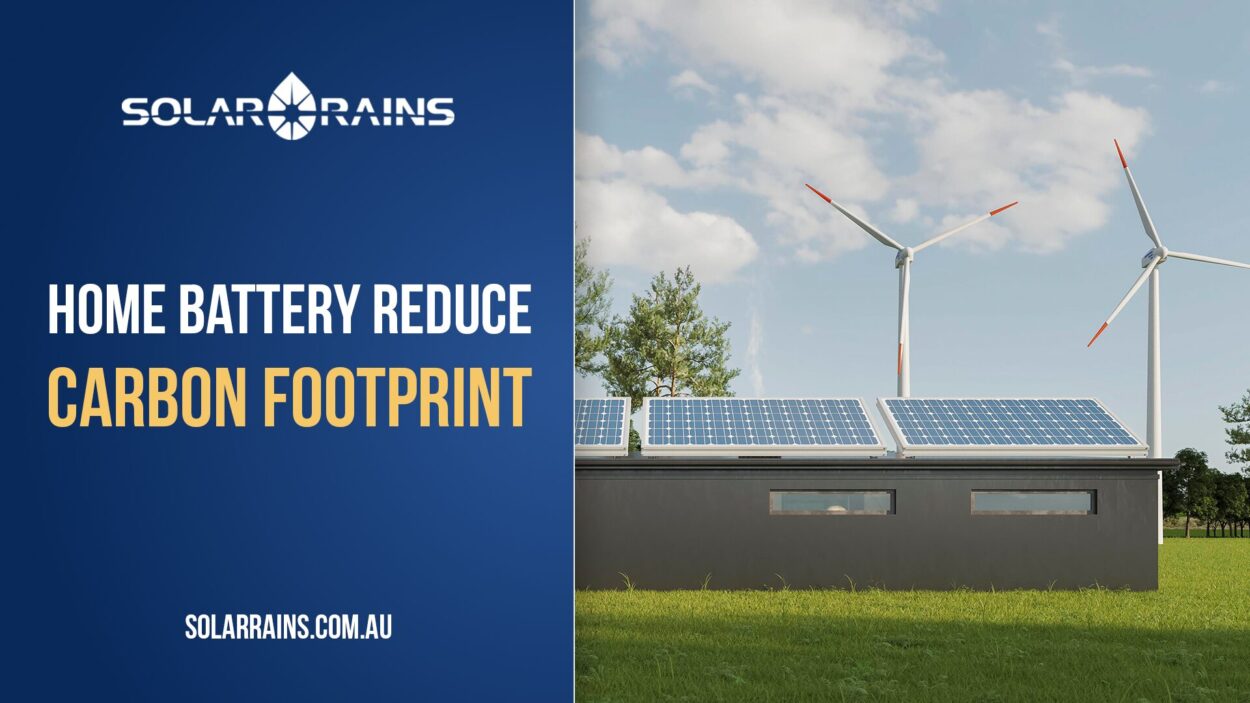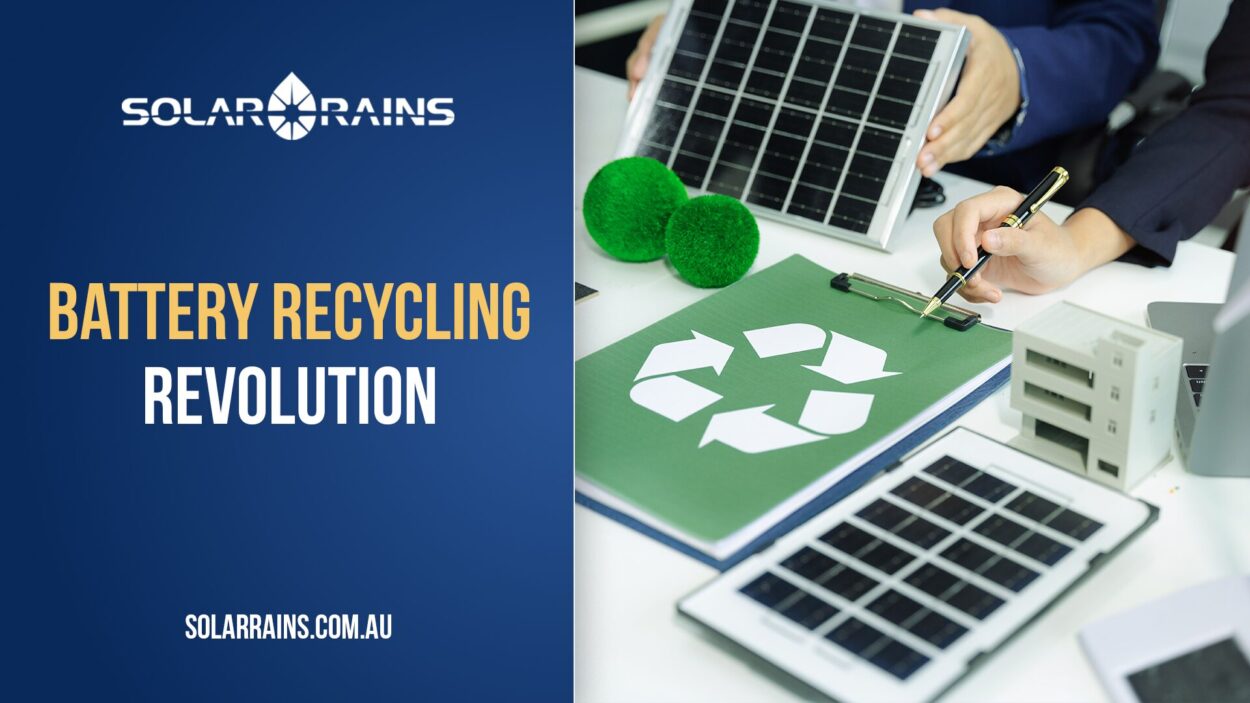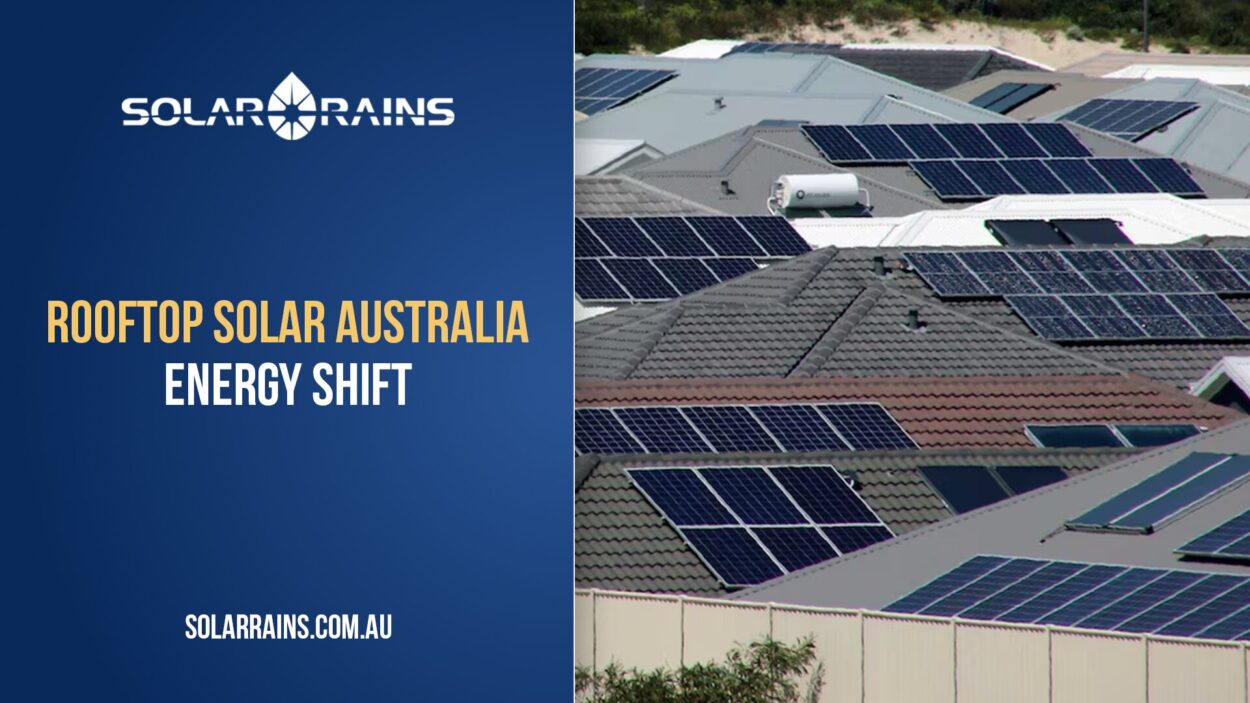Australia’s clean energy transition is picking up speed and New South Wales (NSW) is leading the charge with bold infrastructure moves. The latest milestone? Consolidated Power Projects Australia Pty Ltd (CPP) has been appointed to Transgrid’s new Construction Services Panel Agreement (CSPA), a critical framework for delivering high-voltage projects and supporting technologies like solar battery systems.
This article explores the significance of this agreement, its implications for the solar industry, and why it matters to solar suppliers, solar battery operators, and everyday consumers.
What Is the Transgrid CSPA?
Transgrid operates and maintains the NSW section of Australia’s National Electricity Market (NEM) transmission network. In 2024, Transgrid launched the Construction Services Panel Agreement (CSPA) to streamline the delivery of key infrastructure projects.
The panel, which has a three-year term (extendable to five), pre-qualifies selected contractors like CPP to bid for complex engineering work. This includes:
- Transmission line civil works & tower installation
- Substation upgrades
- Insulation & testing systems
- Electrical installations
- Design & construction of new substations
- Smart metering & communication system rollouts
This framework is designed to support the massive expansion of renewable power—including grid-tied solar panels and solar battery installations in line with the state’s 2030 net-zero goals.
Why CPP’s Appointment Matters
CPP has been involved in delivering substation and high-voltage infrastructure for Transgrid and other energy providers. Their appointment to the CSPA is not just a vote of confidence, it positions them as a leading enabler of NSW’s green energy shift.
From solar power suppliers to construction managers and energy retailers, this partnership unlocks access to:
- Faster deployment of renewable energy infrastructure
- More resilient solar + storage systems (including home & commercial solar battery solutions)
- Improved coordination between generation, transmission, and distribution operators
CPP’s inclusion ensures NSW has a reliable delivery partner for high-stakes, complex projects, including the integration of grid-scale solar systems and batteries.
Solar Battery’s Role in the Grid Expansion
The modern energy grid is no longer just about generating electricity, it’s about storing and managing it effectively. This is where solar battery technology becomes vital.
Energy Storage for Grid Stability
By supporting batteries at residential, commercial, and grid levels, NSW can better handle the variability of solar power. This is crucial as more homes and businesses adopt solar panels and rely on solar power suppliers to design smarter systems.
Backup During Peak Load & Outages
Storms, heatwaves, and network failures place pressure on the grid. Solar batteries, especially those connected via substations and managed under agreements like Transgrid’s, offer distributed backup support and enable faster recovery.
Support for Electrification & EVs
More electric buses, cars, and devices means more demand on local networks. With strategic battery placement at the substation and feeder levels, NSW can scale sustainably.
Policy, Compliance & Smart Infrastructure
CPP’s panel appointment includes responsibility for:
- System integration
- Electrical compliance
- Communication & automation
- Safety & environmental standards
These aren’t just technical terms, they’re essential for solar battery installations that comply with NSW energy codes and help customers access rebates or solar product wholesale deals.
CPP’s collaboration with Transgrid could streamline the design, integration, and maintenance of battery-backed systems that adhere to AS/NZS 5139 and other critical standards.
A Win for Solar Suppliers & Installers
Solar installers and solar suppliers now have a clearer path to delivering compliant, grid-connected battery systems. Here’s how:
- Design Support: CPP’s role includes feasibility studies and concept design, meaning projects have engineering backing from day one.
- Tender Clarity: With CPP pre-approved, solar product providers can partner with a vetted infrastructure player.
- Faster Procurement: The CSPA model reduces red tape, which means faster delivery of both solar panels and batteries.
- Long-Term Partnerships: This panel supports collaboration with businesses focused on solar product wholesale, creating more stable B2B opportunities.
Opportunities for Businesses & Communities
CPP’s involvement isn’t limited to grid-scale utilities. The broader impact includes:
- Schools and hospitals receiving infrastructure upgrades
- Remote and Indigenous communities gaining access to resilient power
- Local trades and contractors engaging in installation and servicing
- Solar-powered businesses securing stronger backup systems
The agreement paves the way for small-scale solar + battery solutions to play a part in large-scale grid evolution.
Integrated Engineering: From Substation to Rooftop
The agreement also allows CPP to deliver:
- Full turnkey substations
- Monitoring & metering infrastructure
- Communication upgrades (for real-time solar battery performance data)
- Pre-fabricated switchgear and enclosures
- Power system audits and upgrades
This means CPP’s work could impact everything from a rural solar farm to a city warehouse using a hybrid solar inverter and battery setup.
Sustainability & Circular Impact
CPP’s ongoing work helps NSW transition from a fossil-reliant grid to one based on renewables, solar battery systems included. This reduces:
- Greenhouse gas emissions
- Landfill from outdated infrastructure
- Wasted energy during peak periods
Their work supports Australia’s broader sustainability goals under programs like the NSW Electricity Infrastructure Roadmap and the Integrated System Plan (ISP) led by AEMO.
Frequently Asked Questions (FAQs)
It enables faster deployment and upgrade of substations and infrastructure, helping solar battery systems integrate more smoothly into the grid.
Yes, the agreement supports solar and battery infrastructure in remote and regional NSW where grid stability and backup systems are critical.
It streamlines the procurement and project delivery pipeline, allowing solar suppliers to connect with trusted infrastructure partners for large-scale or grid-connected projects.
Homeowners may not deal directly with Transgrid or CPP, but their behind-the-scenes work ensures a more reliable grid and makes rebates or smart battery upgrades easier to adopt.
Conclusion
CPP’s inclusion in the Transgrid Construction Services Panel Agreement is a pivotal moment for NSW’s energy transformation. With direct implications for solar battery systems, this partnership aligns with Australia’s broader goals for sustainability, resilience, and decentralised power.
As the state continues to weather storms, literal and economic, partnerships like these provide a strong foundation for a clean energy future.
For trusted solar components, batteries, and technical advice, visit Solar Rains, your reliable solar supplier for wholesale, retail, and engineering solutions.


